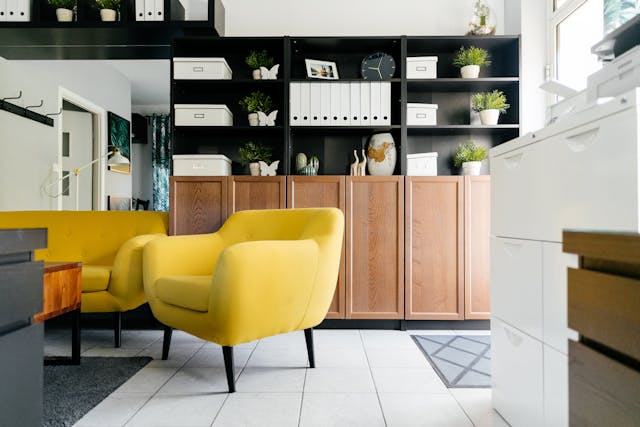
The love and support we provide our family members is one of the purest forms of friendship there is – as it’s totally unconditional and solely about improving their quality of life, and the family unit as a whole through that.
This is no more true than when caring for a disabled relative who may need a little extra support. Of course, while this can be a hard ask and requires us to restructure our lives and our living situations, doing so is not even a question for millions of people worldwide.
No matter if your partner has experienced a health condition that requires more support, nor if you’re reformatting your home to help with an elderly loved one, it’s important to be clear about how to prepare. Now, we can’t possibly make recommendations for every possible disability, but we can absolutely offers some helpful principles to get you started.
With that in mind, please consider some of the following advice:
Install Any Specialist Equipment
Specialist equipment can be simple like ramp, or complex like a chair lift that allows for easy transfer from a wheelchair to bed, or perhaps a stand-in shower. It’s a good idea to consult with healthcare professionals to understand what specific items will help the most. Not all conditions require the most expensive equipment, and even if it does, medical assistance and funding is likely available. It’s wise to ensure that your loved one feels comfortable and safe in their home environment, with as much ease of movement and independence as possible, also taking into account your needs as a carer such as having alarms fitted around the house in case of an emergency.
Consider Seasonal Changes
Seasons can bring different challenges for those with disabilities, so it’s important to prepare for these changes ahead of time. In the winter, for instance, icy paths can be dangerous, so making sure walkways are cleared and salted is essential. You might also need to think about keeping the house warmer or making sure they have easy-to-manage winter clothing. But also be mindful about how weather conditions can affect health conditions, such as understanding the link between seasonal changes and hearing, and how to manage them well.
Accessibility Measures
We mentioned speciality equipment above, but that’s not all accessibility is about. Other steps an range from simple adjustments like widening doorways or lowering surface tops if needed, to more significant changes like remodelling a bathroom to allow access for a wheelchair or adding home assistants to make certain home fixtures (like curtains) open and close with voice commands. As you can see from that example, there are many excellent options open to you. The idea is to remove any physical barriers that might make daily tasks more difficult for your loved one, and you as the person who has to care for them and the home. Of course, enlisting help from your family or friends can be the final accessibility measure.
With this advice, you’ll be able to better prepare your household for a disabled love one when needed.



